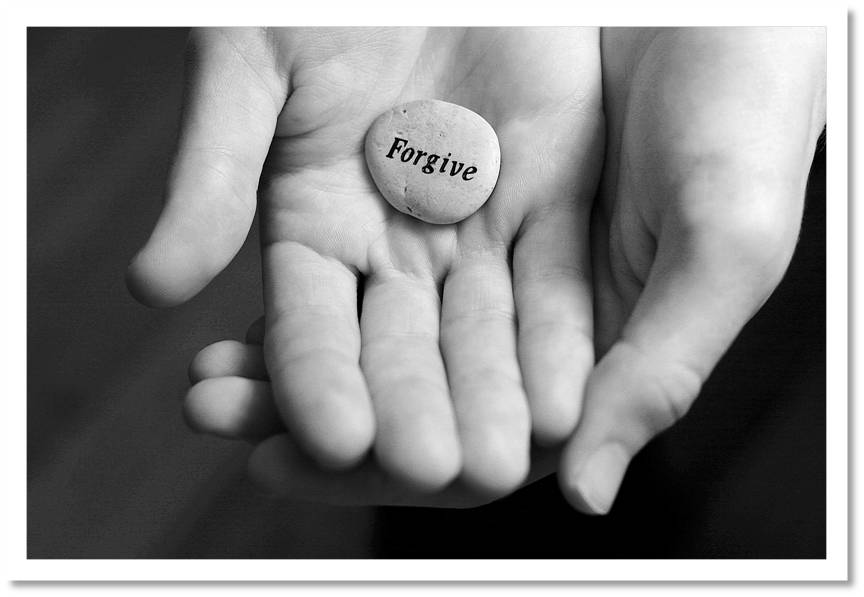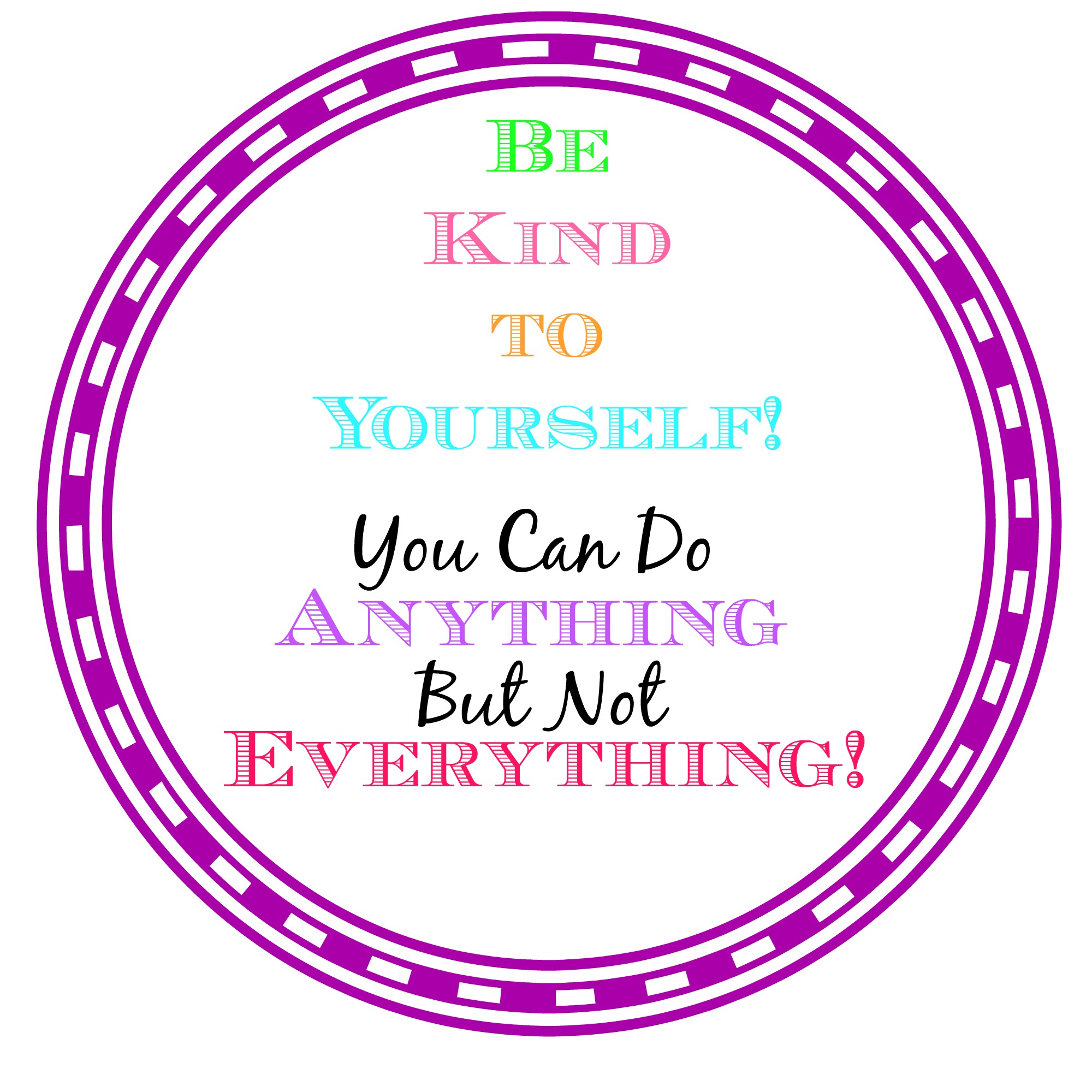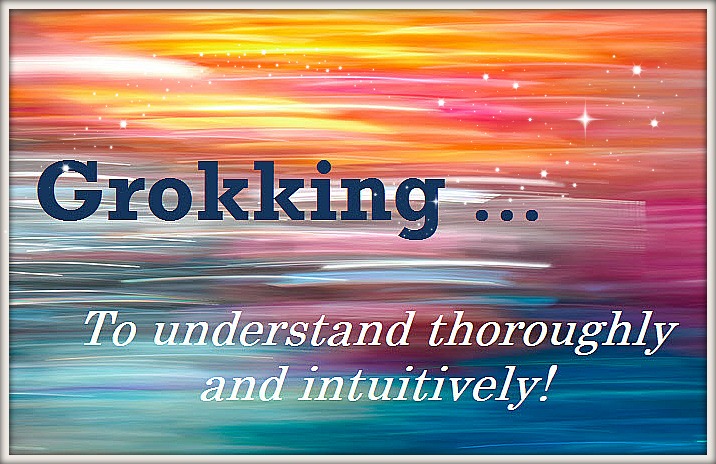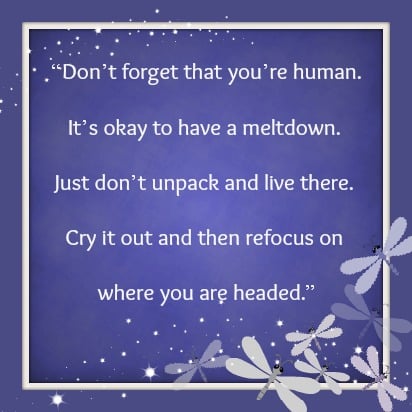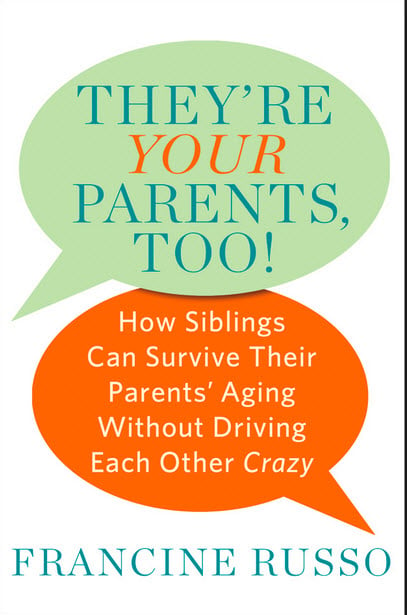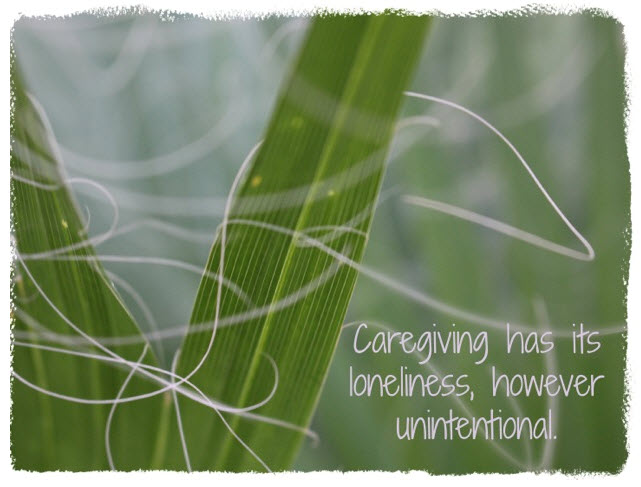A good friend who is a hospice chaplain has shared how difficult it is to be at the bedside of someone who is at the end of their life and to have the family in complete isolation from one another. We’ve all heard the stories of siblings, parents, partners or others bickering and inflicting blame on one another due to past disagreements regarding relationships, finances, property or any number of reasons. What the chaplain finds most disconcerting is the lack of regard for the person approaching death, and the inability to allow for forgiveness especially at a time when there should be a softening of the heart. Unfortunately many times emotions and memories are often choked by the struggles and resentments of the past.
- Blog
- About Us
- Caregiver Videos
- Alzheimer's
- Ask the Geriatrician
- Assistive Devices
- Caregiver Info
- Cultural Sensitivity
- Dementia
- Dementia Activities
- Depression
- Diabetes
- Elder Abuse
- Elder Care Issues
- En Español
- Fall Prevention
- Grief & Loss
- Heart Issues
- Hearing & Vision
- Hoarding
- Hospice/End of Life
- Living in a
Nursing Home - Medications
- Mental Health
- Nutrition
- Oral Care
- Parkinson's Disease
- Quality of Life
- Senior Health
- Sexuality & Aging
- Spirituality & Aging
- Stress
- Substance Abuse
- Wound Care
- Continuing Ed
- Resources

